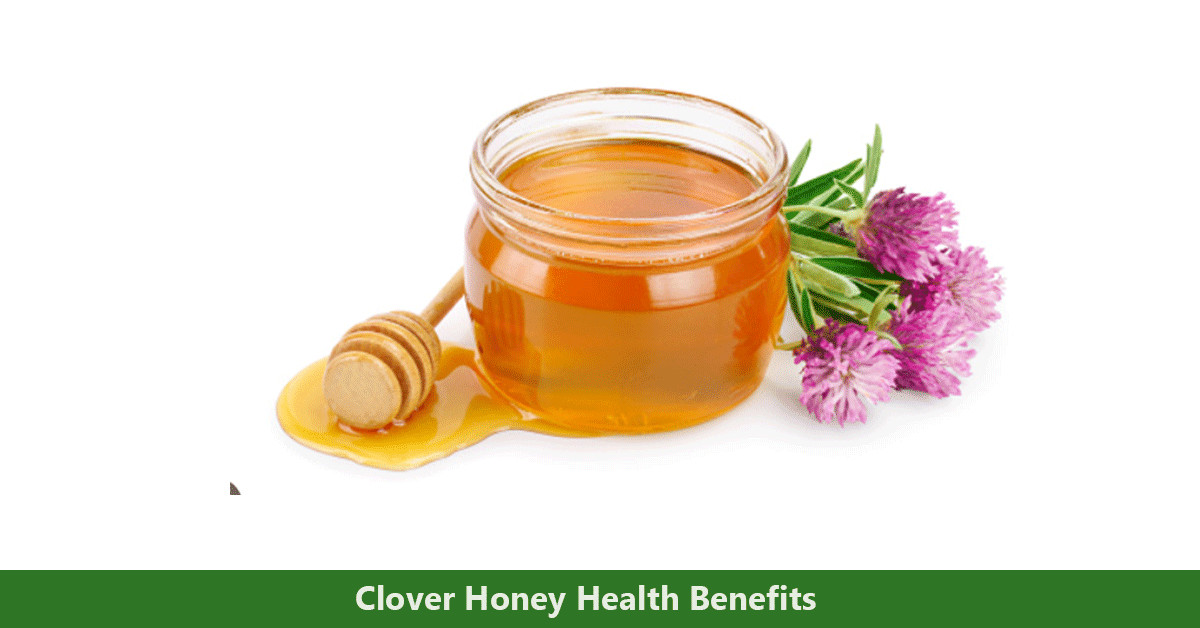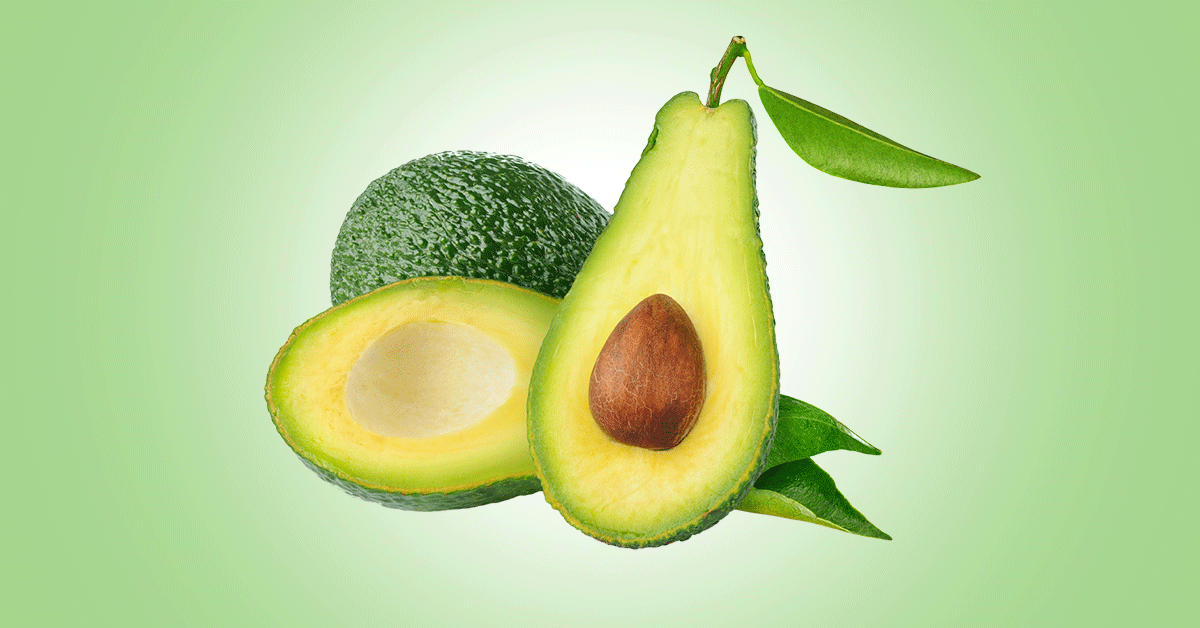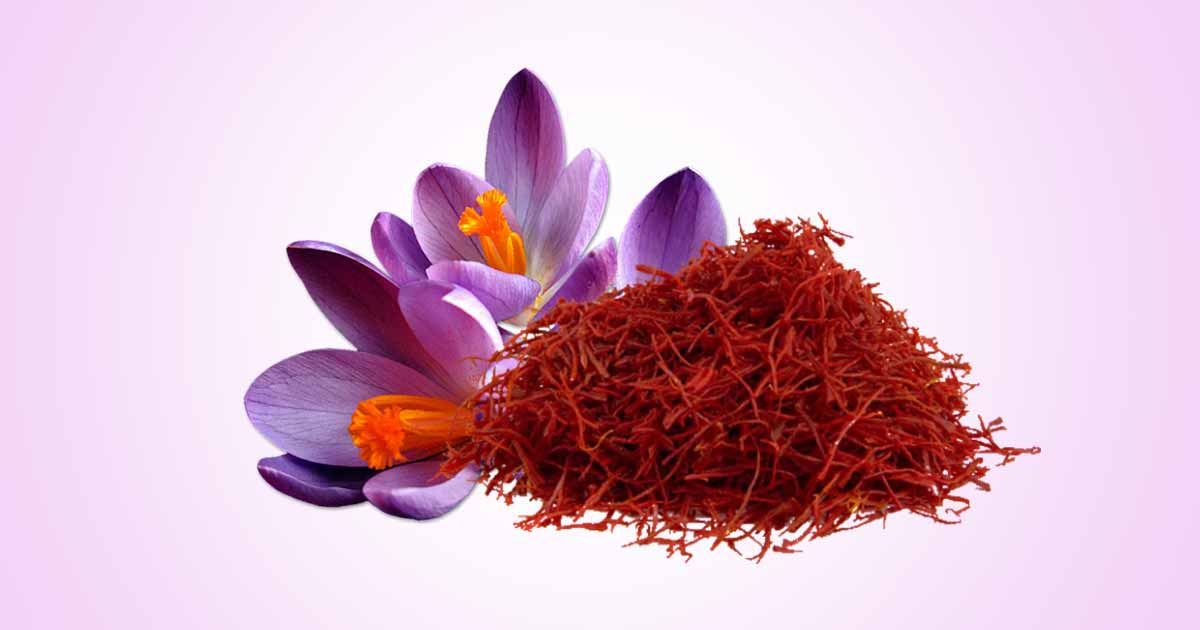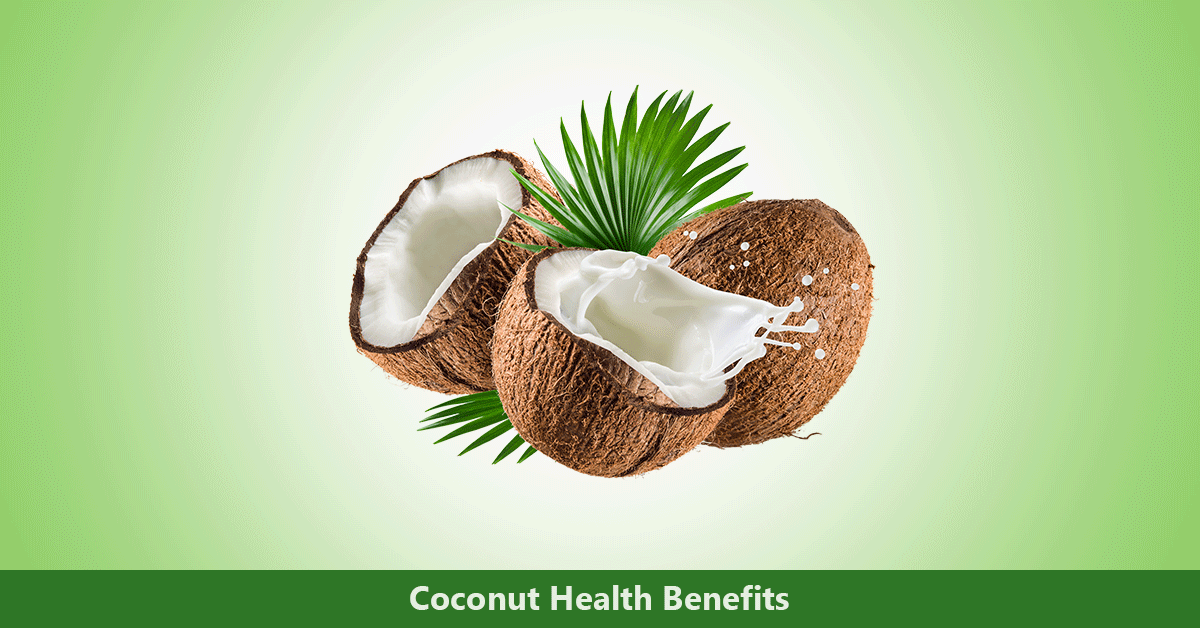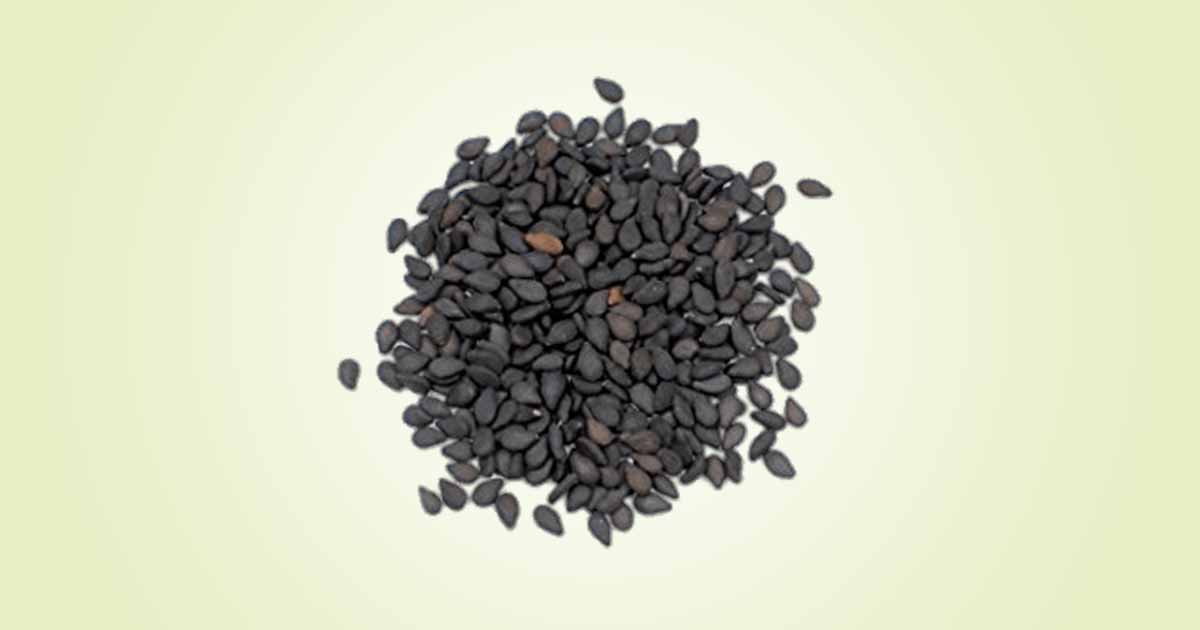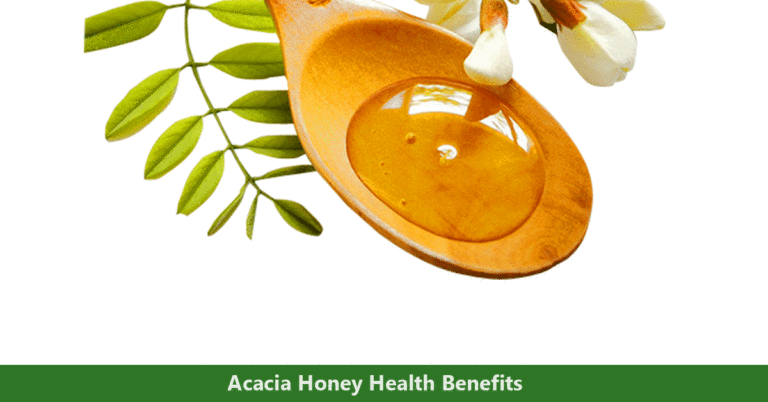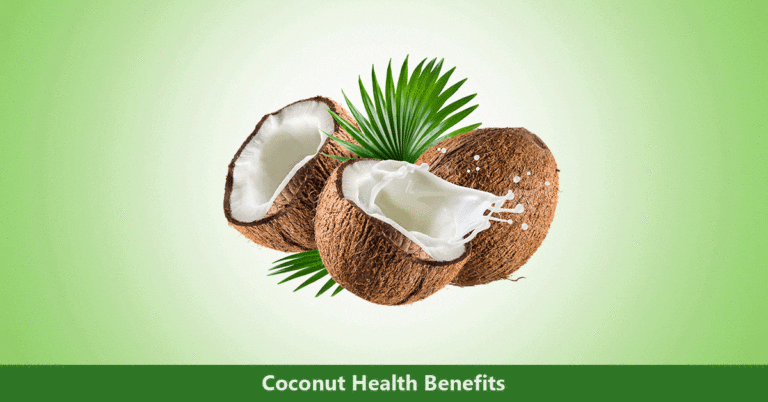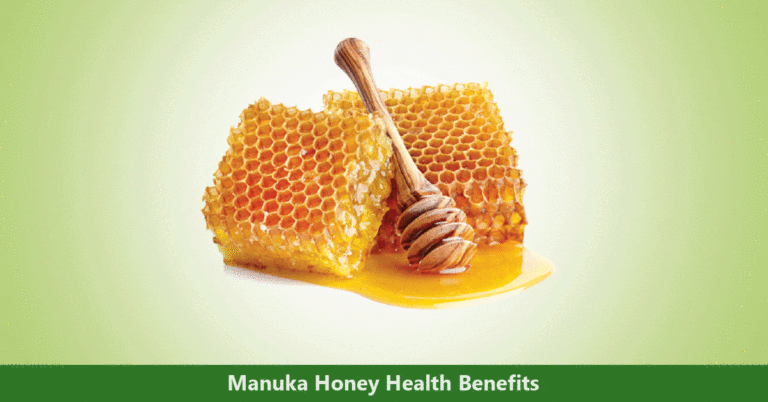Clover honey is a premium and unique type of honey obtained from different species of the genus Trifolium. Clovers are dominant species in multifloral honey, and there are many species like crimson clover, arrowleaf clover, white clover, strawberry clover, and balansa clover. Monofloral bioactive honeys like manuka honey(Leptospermum scoparium) are also growing in demands due to pharmaceutical benefits.
The genus Trifolium contain short leguminous herbs, with trifoliate leaves, and compact flowers. Clovers produce pasture honeys with strong nectar aroma and a light nectar flavor. The most important clover plants that yield honey includes white (Dutch) clover, red clover, crimson clover, and alsike clover.
Red clover has health benefits such as treatment of menopausal symptoms. It contains bioactive isoflavones such as genistein, daidzein, formononetin, and biochanin A, which are reported to act like natural estrogen replacement in menopausal women. Other medicinal activities include antioxidant, and tyrosine kinase inhibitory activity.
Honey, royal jelly, propolis, and bee pollen are all natural products of nutritional value and health benefits obtained from the European honey bees (Apis mellifera). Honey which dates back to the Ancient Egyptian era has been consumed for ages, and has numerous nutritional and health effects ranging from antimicrobial, antioxidant, anti-diabetic, anti-inflammatory, and antiviral effects.
Raw honey is composed of mostly about 75–85% sugars, 13-20% water and the remaining is non-sugar constituent. The sugars are mostly glucose, and fructose. But there are others such as sucrose, maltose, panose, turanose, isomaltose, nigerose, melibiose, and fructooligosaccharides, a prebiotic.
Organic acid such as gluconic acid maintains the pH and acidity of honey. There are enzymes such as glucose oxidase, invertase, diastase, and catalase. Glucose oxidase produce hydrogen peroxide, an antimicrobial agent.
Minerals such as potassium, calcium, magnesium, sodium, zinc, copper, phosphorus, manganese, and vitamins like vitamin-B6, nicotinic acid, riboflavin, and thiamine are obtained from honey.
Composition of Clover Honey
Different clover has different bioactive compound compositions. There are isoflavones such as biochanin A, formononetin, afrormosin, texasin, calycosin, prunetin, irilin B, irilone and pseudobaptigenin. There are phenolic acids such as rosmarinic, caffeic, syringic, gallic, p-coumaric, cinnamic, ferulic, and chlorogenic acids.
Flavonoids present include catechin, quercetin, myricetin, morin, pinocembrin, and kaempferol.
Different species of clover such as red, white clover honey yield volatile compounds such as p-eugenol, carophyllene, thymol, β-phellandrene, phenylacetic acid, p-acetoxyanisole, 13-epimanool, benzenacetaldehyde, and β-menthane.
Apart from the bioactive compounds, clover honey also contains minerals such as potassium (most abundant at 306.6 mg/100 g) and others like magnesium, calcium, sodium, zinc, copper, iron, and manganese.
Health Benefits of Clover Honey
Clover honey has been used medicinally to treat many ailments. Red clover extracts has been used to manage eczema, psoriasis, menopausal symptoms, breast and ovarian cancer, gout and different types of coughs. Genistein and other phytoestrogens have proven antioxidant effects.
p-Coumaric acid, the main phenolic compound in alsike clover honey extract, gives the sweet odor and has health benefits such as anti-inflammatory, sedative, and spasmolytic effects.
Honey are also considered to be more healthy than table sugars in lowering total cholesterol, low density lipoproteins, triglycerides, and weight.
Antioxidant property:
Phenolic compounds, and flavonoids in the clover honey exhibit free radical scavenging capacity. These compounds eliminate free radicals that cause diseases such as stroke, diabetes, and cancers.
Antimicrobial effect:
The alsike clover honey has reported antibacterial activity against Escherichia coli, Salmonella typhi,
Bacillus cereus, Staphylococcus aureus, yeast like Candida albicans, and fungi like Aspergillus flavus.
Egyptian clover honey also inhibits bacteria like S. aureus, P. aeruginosa and Klebsiella pneumoniae.
Wound healing effect:
Honey has been used to treat a wound topically, especially wounds like diabetic foot ulcer, which rarely respond to many medications. A study suggest that Egyptian clover honey can inhibit the bacteria, P. mirabilis which is common in the foot ulcer. The honey reduced the ulcer size and bacterial infection.
References
- https://www.researchgate.net/publication/361578403_A_Review_of_the_Phytochemistry_and_Bioactivity_of_Clover_Honeys_Trifolium_spp
- https://issuu.com/cloverhoney/docs/what_is_clover_honey.docx

